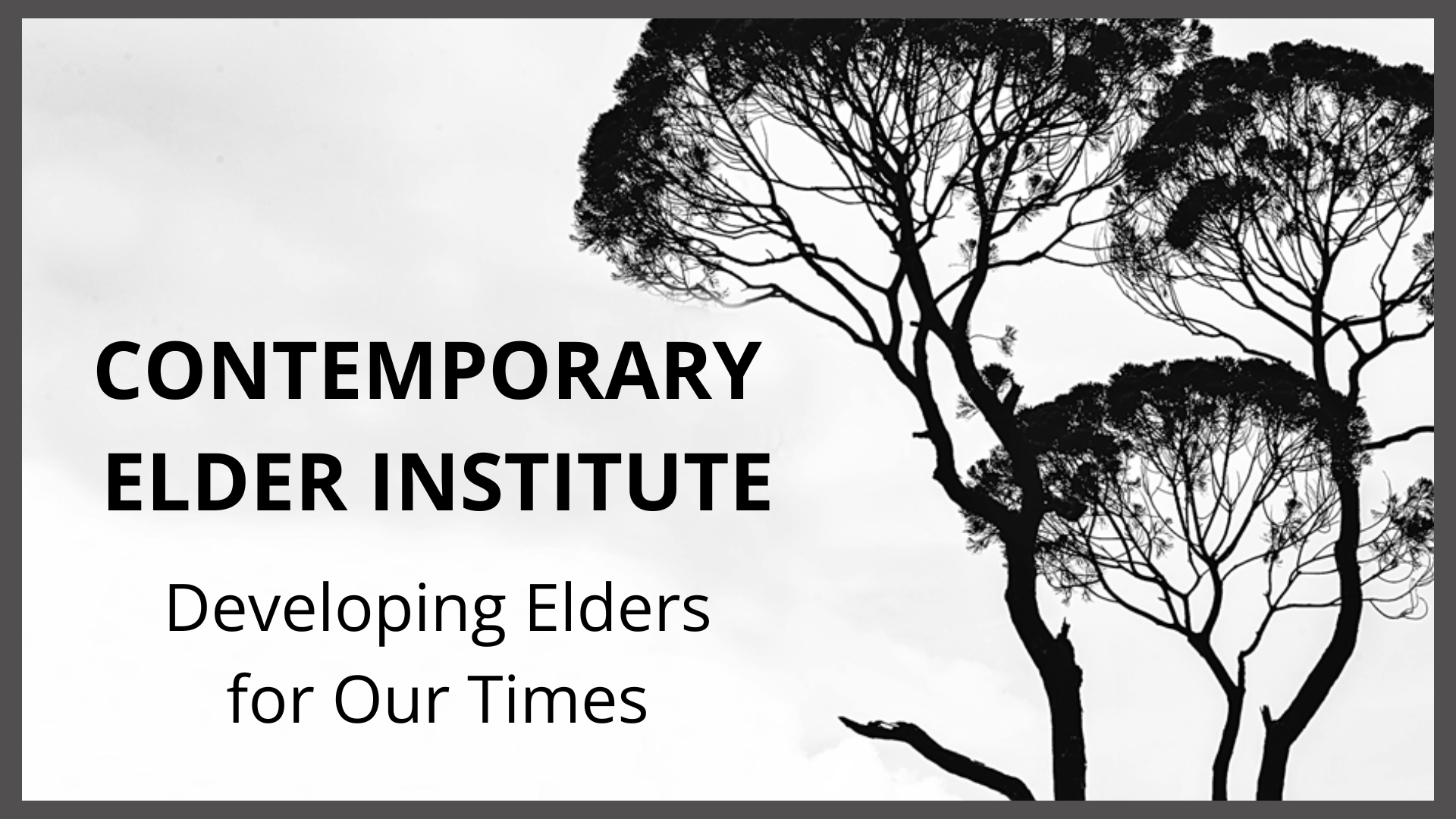WORDS OF AN ELDER
WORDS OF AN ELDER
Elders Create Themselves in Their Speaking

The only thing you have dominion over is the words you speak. Words have power. Words can destroy or create. A single word can change everything.
"In the beginning was the Word, and the Word was with God," These are among the most famous lines in the New Testament: they begin the Gospel of St. John. So, in the beginning, was the word – accordingly, words precede manifestation.
Words have the exceptional power to take root in the hearts of human beings. Proverb 16:24 brings this truth to light, sharing that "kind words are like honey–sweet to the soul and healthy for the body." Life can be suddenly altered by an uplifting word or scarred forever by a discouraging word.
Rabbi Zalman Schacter-Sholomi wrote: "Words are singularly the most powerful force available to humanity. We can use this force constructively with words of encouragement or destructively with words of despair. Words have energy and power to help, heal, hinder, hurt, harm, humiliate, and humble."
Islam is very emphatic that one should be mindful of their daily utterances. It even declares in the Quran that “Kind words (spoken) and forgiving of faults are better than sadaqah (charity).”
The Buddha singled out wise speech as one of the critical factors for awakening. It is part of Buddha’s eightfold path, leading to the cessation of suffering and the realization of self-awakening. We have found wise speech highly valuable in becoming a contemporary elder.
Wise speech requires effort, mindfulness, and spiritual wisdom to avoid harming others and yourself. As Joseph Goldstein, a contemporary meditation teacher, wrote, "The care it takes to avoid harmful speech creates a vast playing field of mindfulness in our daily lives."
Mindfulness of what you say is challenging but highly effective access to self-awareness. Self-awareness is a cornerstone of being a contemporary elder.
ELDERS PRACTICE WISE SPEECH
In the Buddhist tradition, wise speech is rooted in learning to avoid four unwholesome verbal actions that cause harm to others and ourselves. These are lying (false speech), using harsh or aggressive language, divisive speech (backbiting and gossiping), and frivolous (or useless) conversation.
Meditation allows you to observe your internal dialogue. Meditation allows you to notice the tone of voice of your internal dialogue? Harsh or compassionate? Do you tend to build yourself up or put yourself down? Do you blame, shame, and compare yourself?
Notice that your internal and external talk run on parallel tracks, so if you can hear and improve your internal dialogue, you will improve your speaking with others.
Be inquisitive about your words and their underlying meaning. Self-righteous words can be a cover for anger. Angry words can be a cover for fear. Gossiping can be an attempt to try and reaffirm and strengthen feelings of self-worth. Frivolous words can allow you to hide.
The more you practice wise speech, the more you realize that how you speak shapes your experience of the world around you. The more you engage in the challenge of wise speaking, the greater the self-discovery.
Here’s a simple mindfulness practice. First, I observe when you have temptations to stretch the truth or gossip. Second, ask yourself why do you have to exaggerate, inflate, or embellish. Third, what are you afraid of in using words more consciously, truthfully, and harmoniously?
Consciously attending and observing your words gives you access to shedding everything that isn’t truly you. And when you can speak yourself unencumbered, you are free. You now have integrity with who you really are, which is the ultimate freedom.
As powerfully expressed in Don Miguel Ruiz's The Four Agreements: A Practical Guide to Personal Freedom, Agreement 1: Be Impeccable With Your Word. "This agreement is the most important, and it is the most difficult one to honor."
In our elder context, words determine who you are being when speaking them. Being and speaking co-occur. Elders understand that speaking as an elder has one be an elder in the moment of speaking. Speak as an elder, listen as an elder, and you’ll be an elder. The stipulation is that the speaking must be authentic.
Lastly, as an elder, you become intensely aware of the devastating words that strike at late age. Words that bring fear and anxiety to growing old, to death and dying. Words that promote isolation and irrelevance. These demoralizing and destructive Western cultural words are everywhere, all the time. Recognizing and replacing these words with other words in your speaking moves you from the abyss to ascension.
TED talk on the power of word:
https://www.ted.com/talks/josephine_lee_the_transformative_power_of_words
